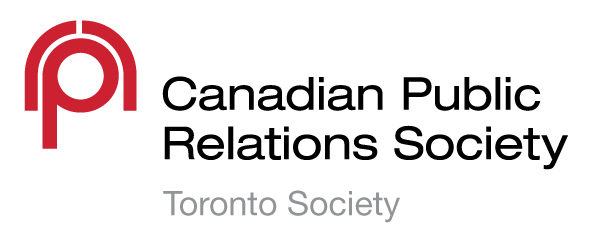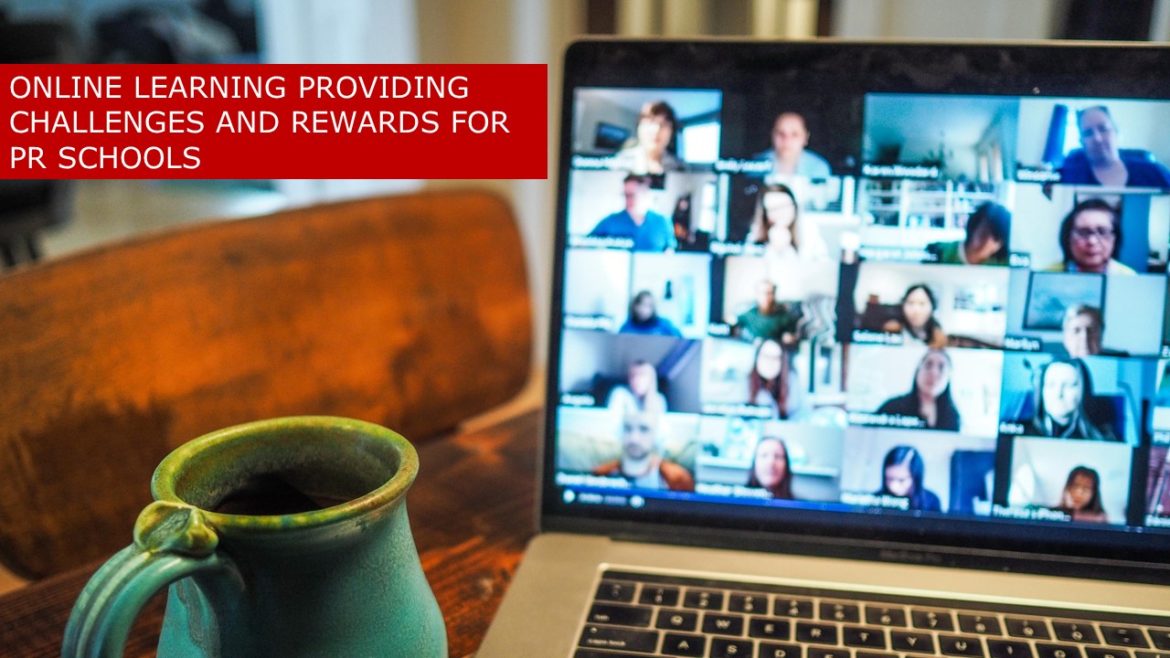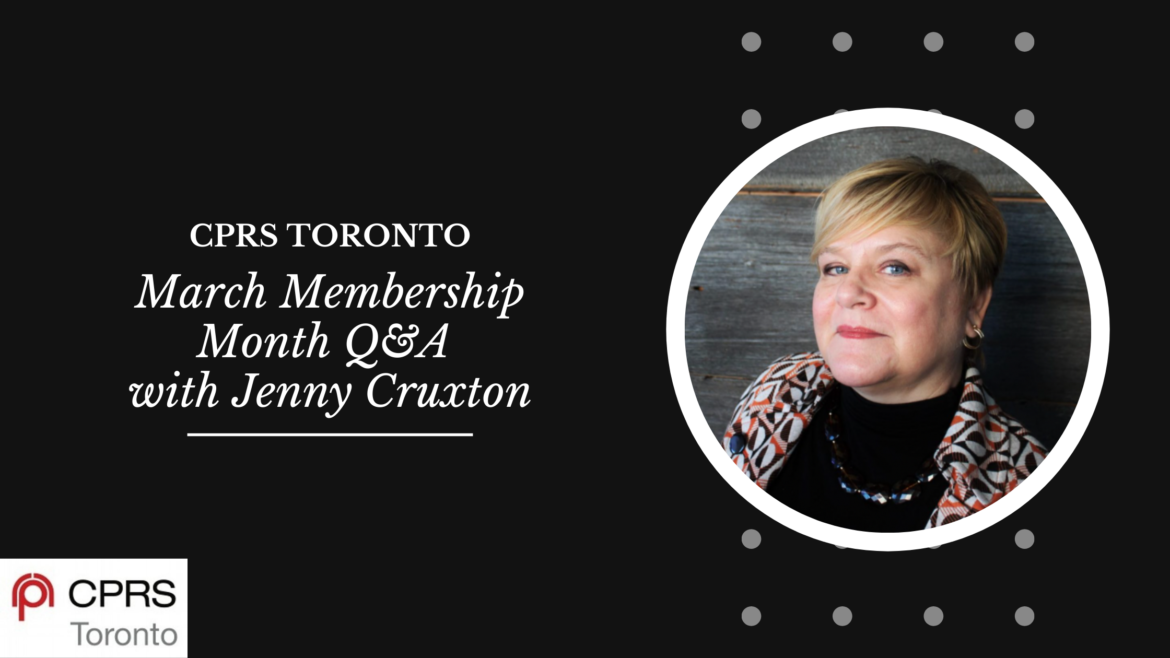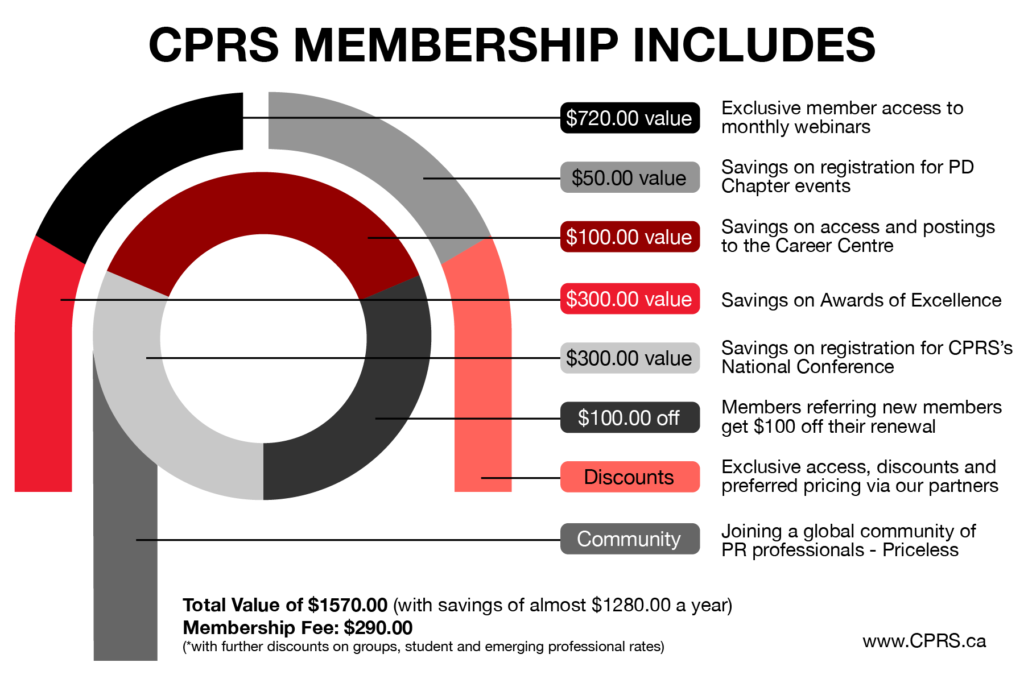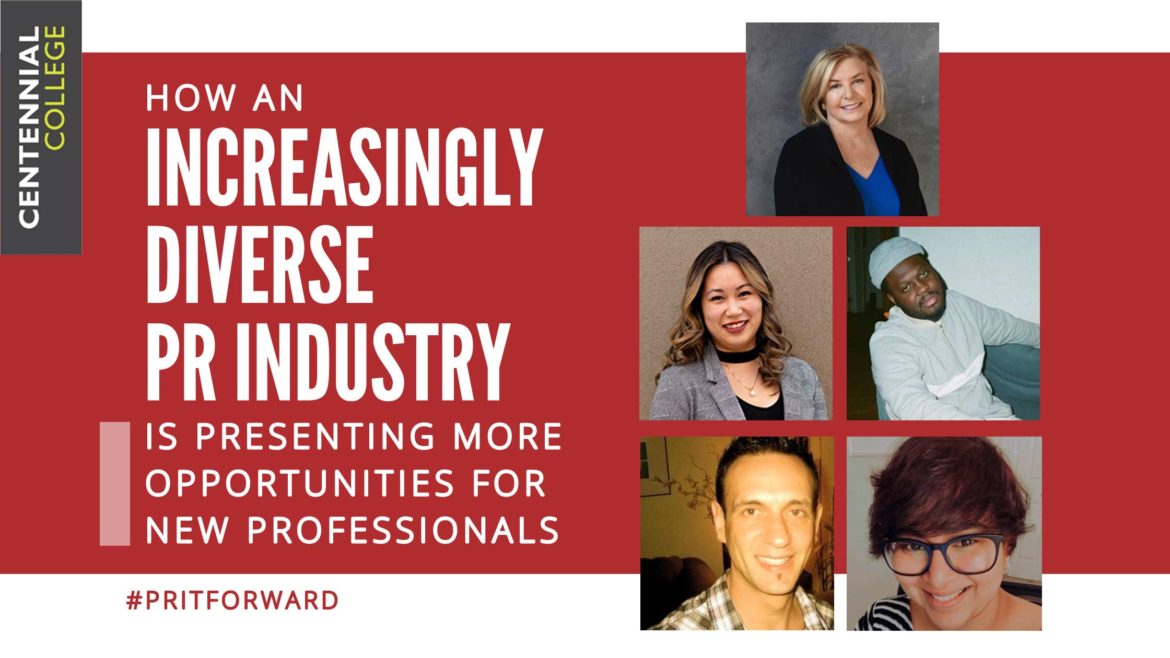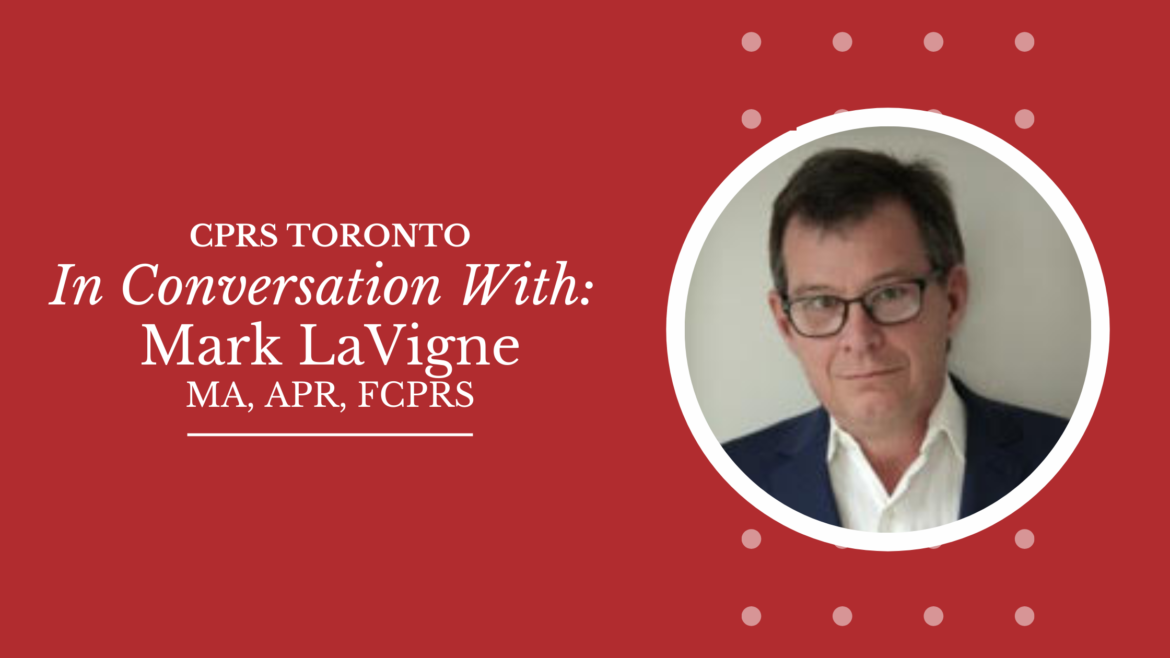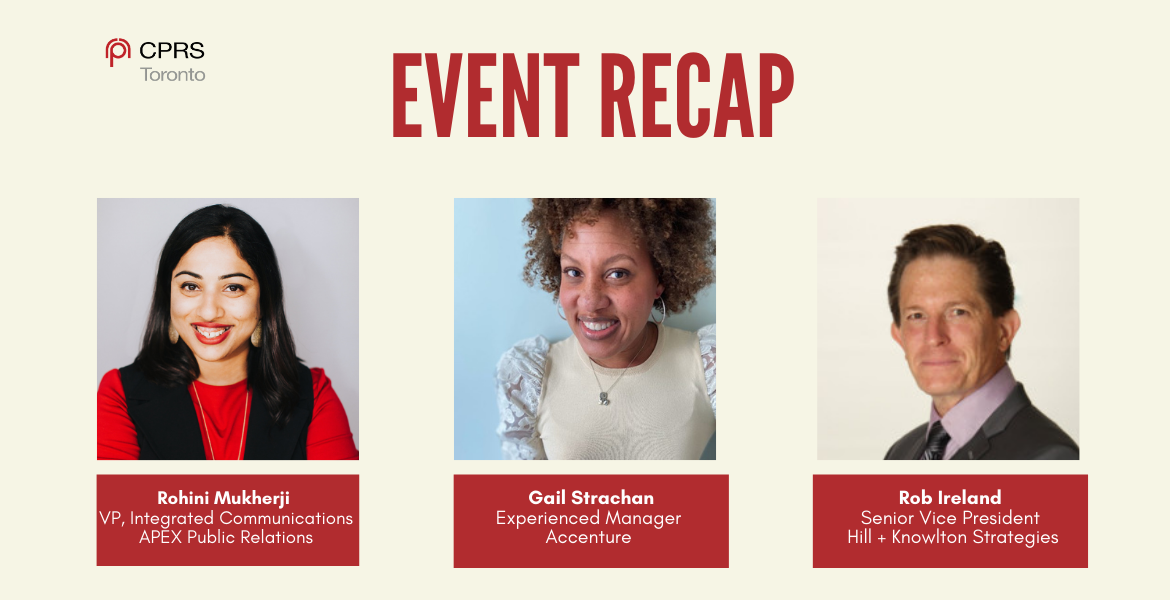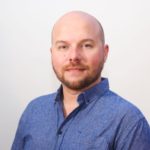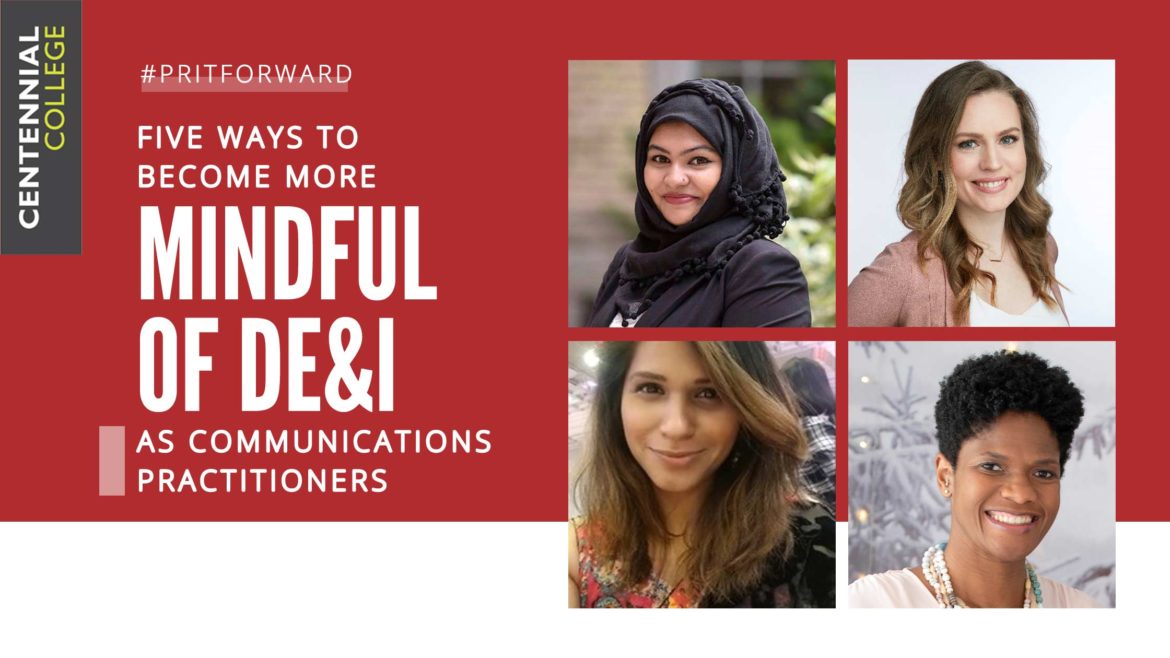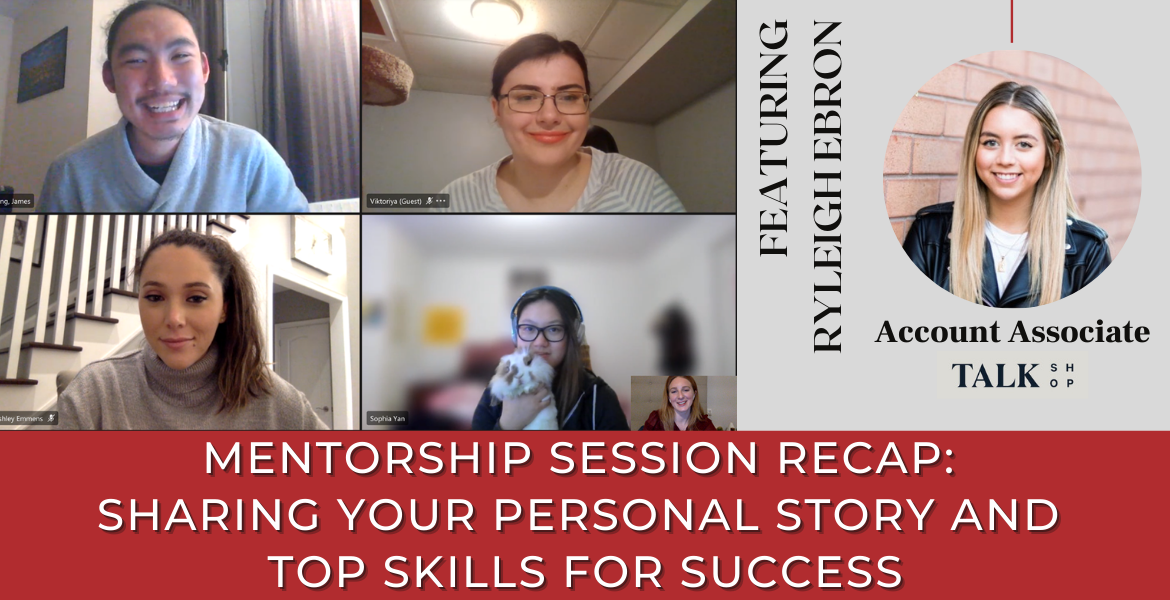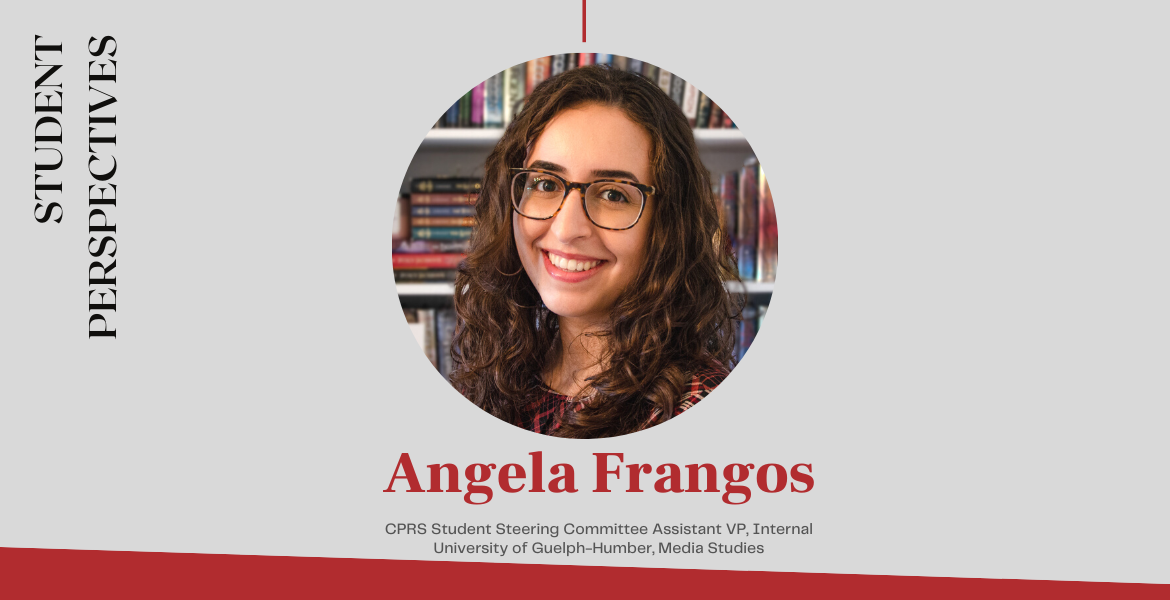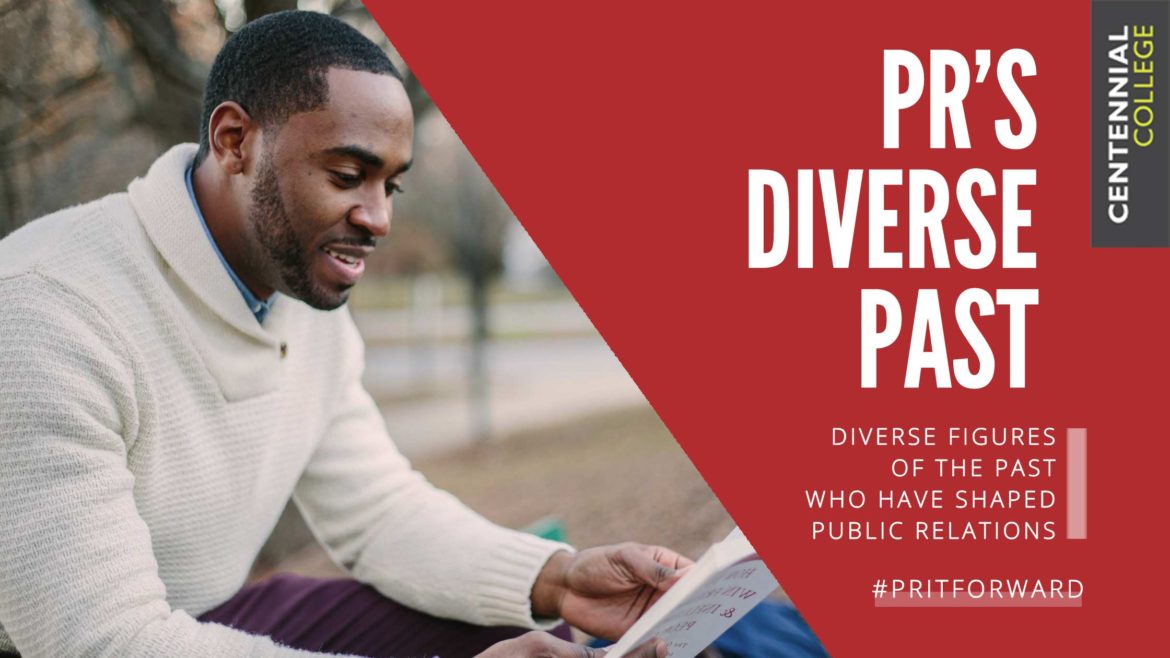Written by: Matt Yuyitung, Outreach Manager, The Pigeon, CPRS Toronto Member
Daisy Uy has a slightly unusual daily routine for a public relations student.
The Centennial College student pours herself a cup of coffee at 9:30 p.m. local time, attends online lectures, meets with classmates to work on assignments and she might schedule a coffee chat for 4:00 a.m. before she wraps up her day.
As a postgraduate student currently based in the Philippines, adjusting to a 13-hour time difference is one of many challenges Uy has taken on as she pursues a PR education in an online environment.
Uy isn’t the only Centennial PR student facing time zone challenges either. Others have logged in from Cameroon, Jamaica and Sri Lanka.
Uy spent several years in sales and marketing before “stumbling” into more communications-oriented work. As her interest in PR grew, she chose to enroll in the corporate communications and public relations program at Centennial.
When the COVID-19 pandemic forced schools to transition to an online environment, Uy says she arrived at a “crossroads,” debating the merits of deferring her acceptance or pressing forward with online learning.
“I could have waited,” she says. “It would have been a fair option, but nobody knew when ‘normal’ would have come again and nobody still knows when normal will come again.”
Ultimately, she chose to accept her offer, and began the program in September 2020.
Donna Lindell, a professor and the program coordinator for Centennial College’s post-grad PR program, says perhaps the biggest key so far in providing a quality online education has been “a healthy attitude.”
“I think that makes a big difference in the student experience,” she says.
For the Centennial faculty, this meant working hard to embrace the change, deliver quality content and commit to student success.
On top of her own healthy attitude, Lindell has been very impressed by the attitudes of the students.
“They have shown up prepared to learn,” she says. “They have committed to this experience.”
For example, Uy works to catch each lecture live, despite them being in the middle of the night.
“Of course there are replays that you can watch but you realize it’s a lot more engaging to just be there, even if it involves being up being up at 3 a.m. like me,” she says with a laugh.
With the help of apps like Slack, Lindell has also worked to ensure that students had easy access to faculty and to each other. The app was instrumental in helping the class connect and form a community, she says.
“What I’m hearing from students is they actually feel they have greater access to faculty than they would perhaps if we were in person,” she adds. “It’s pretty easy to get it.”
Lindell has enjoyed some of the lighter moments as well, from asking students to take photos outside during class breaks to a Christmas themed scavenger hunt to feeling “emotional” during a chance encounter with a student while out shopping.
“You get those little moments,” she says. “I do feel I’m still connecting with the students.”
Uy has had her share of fun moments as well, like the time her microphone picked up roosters crowing while on Zoom.
Despite the challenges, Uy has made the most of her Centennial experience. She was pleased with the virtual interactive baking event she organized with her team back in the fall and believes these online experiences will serve her well after completing the program.
“It has really prepared me for working in an uncertain situation when we graduate,” she says. “It has really prepared me for adjusting to different platforms and adjusting to having to work with people from all over the world in different time zones without too much drama.”
As for her decision to choose online learning instead of waiting for in-class sessions to return, Uy has no regrets.
“I wasn’t willing to wait that long,” she says. “I figured it would be a good experience and I’m happy to say that my prediction came true.”
